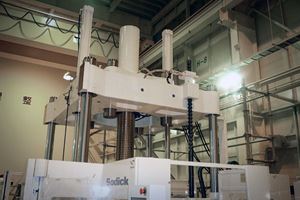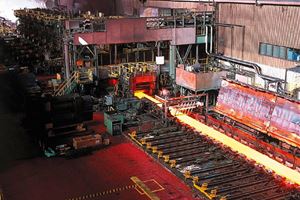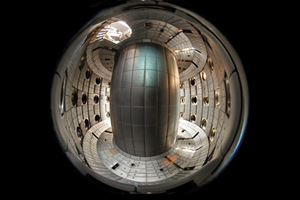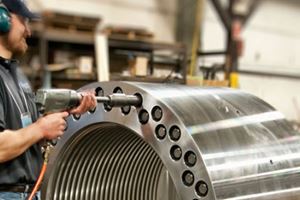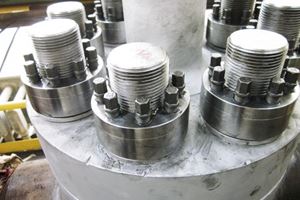Superbolt tensioners secure Tata Steel’s BOS converters
The Tata Steel’s Port Talbot Basic Oxygen Steelmaking (BOS) plant in South Wales produces some 4.5m tonnes of strip steel a year, making it one of the largest plants in Europe.
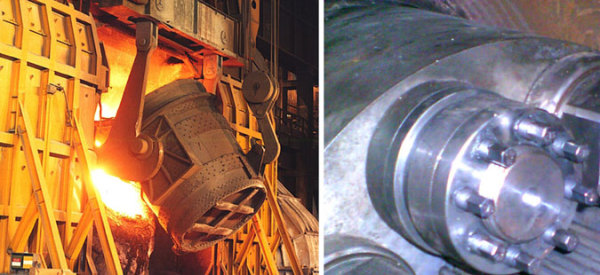
The Challenge
In the past, the method used for securing bolts on the BOS converters had been to heat nuts to 200 degrees Celsius in an oil bath, with the contraction on cooling creating the tension in the bolt. The process carries a number of risks, one being that the oil bath in which the nuts were heated created potential for a fire at the plant.
Another risk was that the hot bolt had to be carried by crane from the oil bath to the BOS converter. It then had to be manhandled into place, in an area of restricted access, and tightened by hand by technicians wearing heatproof gloves.
The process of securing bolts was potentially hazardous, difficult for the workers and time consuming.
The Solution
In May 2014 Tata Steel’s Port Talbot installed Superbolt tensioners on the BOS converters, creating multiple benefits for the plant.
The previous method, hot oil bath, took about six hours to complete. “With Superbolt we finished the procedure in about an hour and a half,” says plant engineer Simon Life.
Because only hand tools were needed to install Superbolt MJTs, installation in the restricted confines around the BOS converter could be carried out in relative comfort. According to Life, avoiding having to manoeuvre hot bolts through the plant and install them by hand brings obvious safety improvements for plant employees.
Life expects further benefits of using Superbolt further down the line. “With our previous solution, we would need to destroy the bolts and throw them away next time we replace the tendons as we had no way of undoing them,” he says. “But with Superbolt we should be able to undo them and recover the neck-down bolts and use them again. That is a significant cost that we won’t have to spend next time.”
